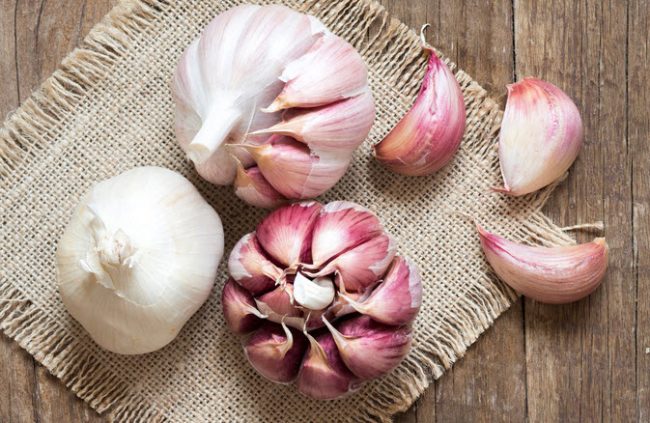Everything from stressful jobs to a lack of fresh produce in inner city food stores has caught the blame for our nation’s collective weight gain. But research shows those aren’t the main reasons people pack on the pounds.
In a study published in the New England Journal of Medicine, U.S. government researchers tracked 195 men and women of all ages during the holidays—a notoriously scale-tipping time of year. The study participants were given a list of common reasons for weight gain—including stress, hunger, activity level, changes in smoking habits or the number of holiday parties they attended. Based on the answers, the researchers concluded only two of these factors influence weight gain: level of hunger and level of activity.
Boosting your activity level can be as simple as hauling yourself off the couch and taking a walk. But to reduce appetite is more difficult. Nutritionist and exercise physiologist Felicia D. Stoler, RD, says the trick is not to shovel in high-calorie but empty-nutrient foods.
“Consuming sugar, alcohol, processed carbohydrates and starches can cause a rapid rise in blood sugar, and the crash afterward triggers food cravings,” explains Stoler, author of Living Skinny in Fat Genes: The Healthy Way to Lose Weight and Feel Great (Pegasus, 2011). “Protein and foods rich in fiber, such as whole grains, beans and vegetables, promote stable blood sugar.”
The lesson, Stoler says, is that “consuming a balanced, whole-food diet and reducing empty calories can keep your appetite under control.”
But what if you eat well yet still experience hunger cravings? Stoler recommends three foods to help keep your appetite in check.
1. Garlic
“Of the 200 chemical compounds that make up garlic’s various health-giving properties, a key compound called allicin—the very compound that gives garlic its pungent odor—has been shown to suppress appetite and speed up metabolic rate,” Stoler says.*
Groundbreaking research published in May 2003 in the American Journal of Hypertension shows that allicin stimulates the satiety center in rats’ brains, which reduces feelings of hunger. In addition to curbing appetite, Stoler says, garlic has been shown to stimulate the nervous system to release adrenaline, which in turn increases metabolism and helps you lose weight.*
You can obtain allicin by eating garlic. Studies show ideal amounts range from 2.4 to 7.2 mg. A fresh clove of garlic has 6 to 14 mg of allicin.
2. Flaxseed
Flaxseeds’ large amount of fiber makes them a natural appetite suppressant, Stoler says.
“Fiber does wonders for appetite control by slowing the movement of food through your gastrointestinal tract, thereby keeping food in your stomach longer,” she says. “Fiber also increases the level of cholecystokinin, the hormone responsible for letting your brain know when you’re satiated.”
A study of 44 people published in the journal Appetite in April 2012 showed that participants who consumed 2.5 grams of soluble fiber before lunch had significantly suppressed appetite and consequently ate less.*
3. Green tea
Catechins, active compounds in green tea, help improve satiety, Stoler says. In a review of numerous clinical trails published in the Journal of Nutrition Biochemistry in January 2011, researchers concluded that 270 to 1,200 mg a day of green tea catechins can reduce body weight by stimulating the nervous system, which not only increases your energy expenditure and helps burn fat, but also suppresses appetite.*
Green tea’s caffeine content is also thought to play a role in boosting the nervous system. Stoler says the advantage to green tea is that it has less caffeine than black tea, coffee or most energy drinks.
“Although caffeine may have an appetite-suppressant effect, consuming too much caffeine can cause stress and nervousness, which can trigger excess calorie consumption in some people,” she says.
*These statements have not been evaluated by the FDA. These products are not intended to diagnose, treat, cure or prevent any disease.

